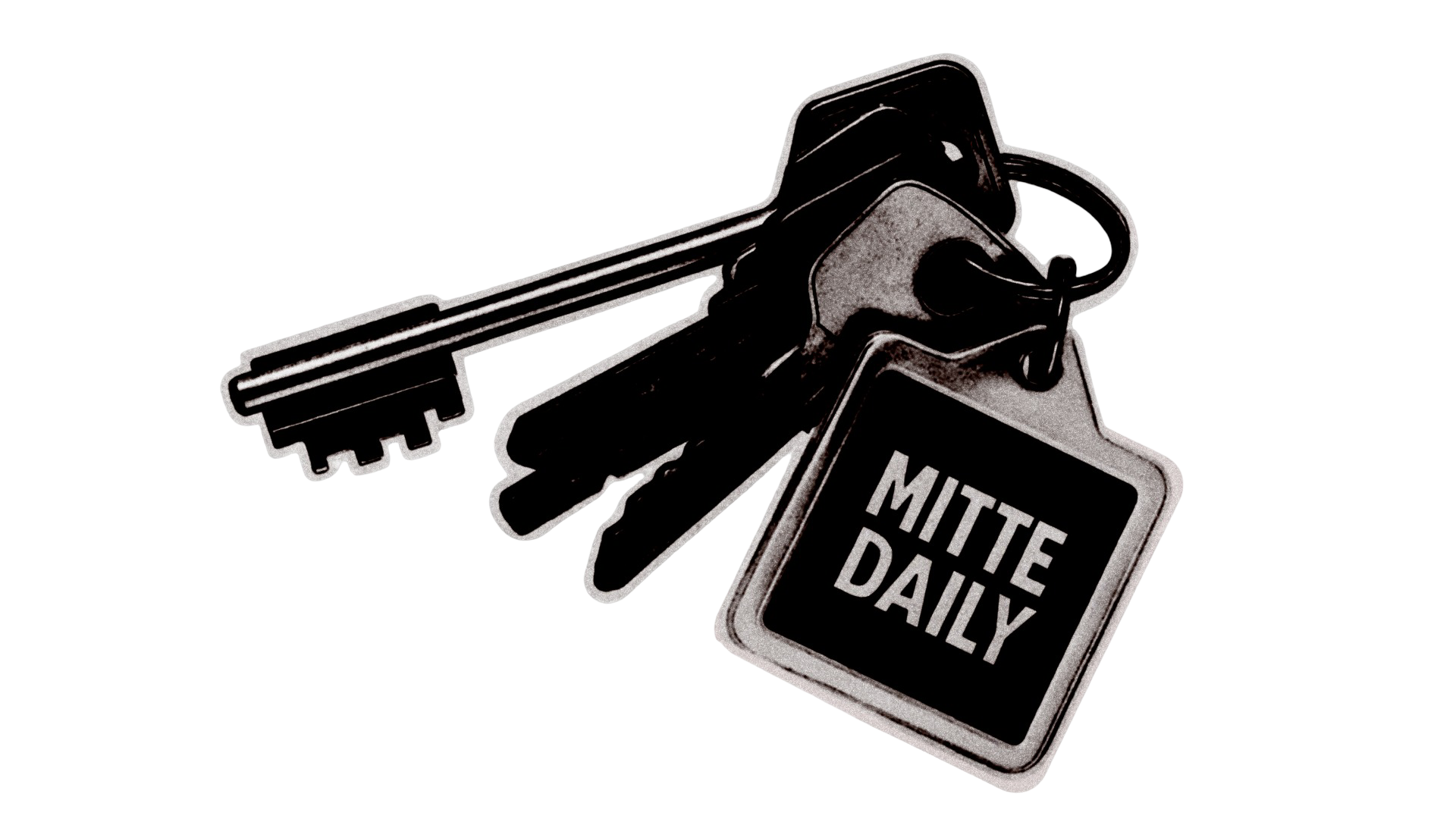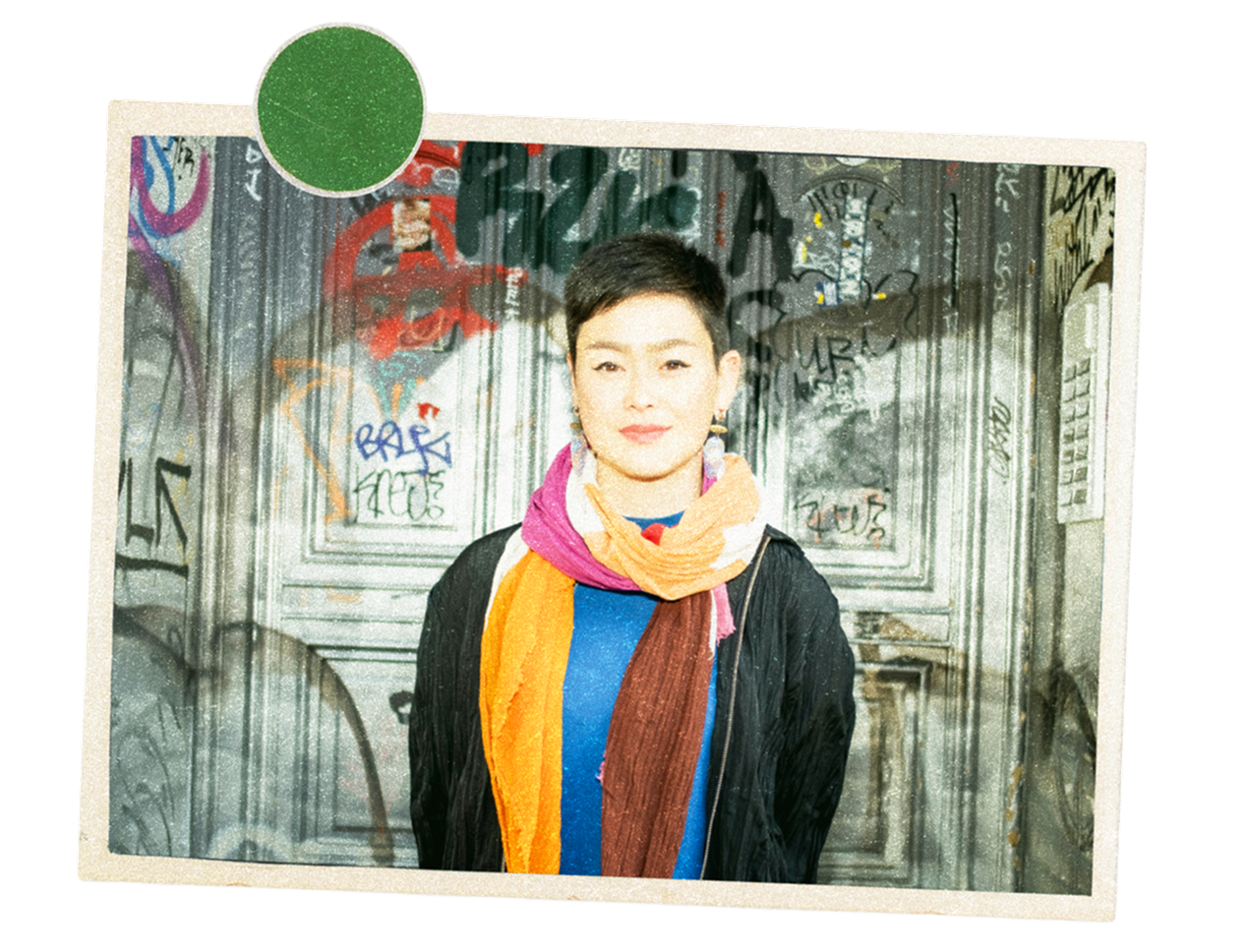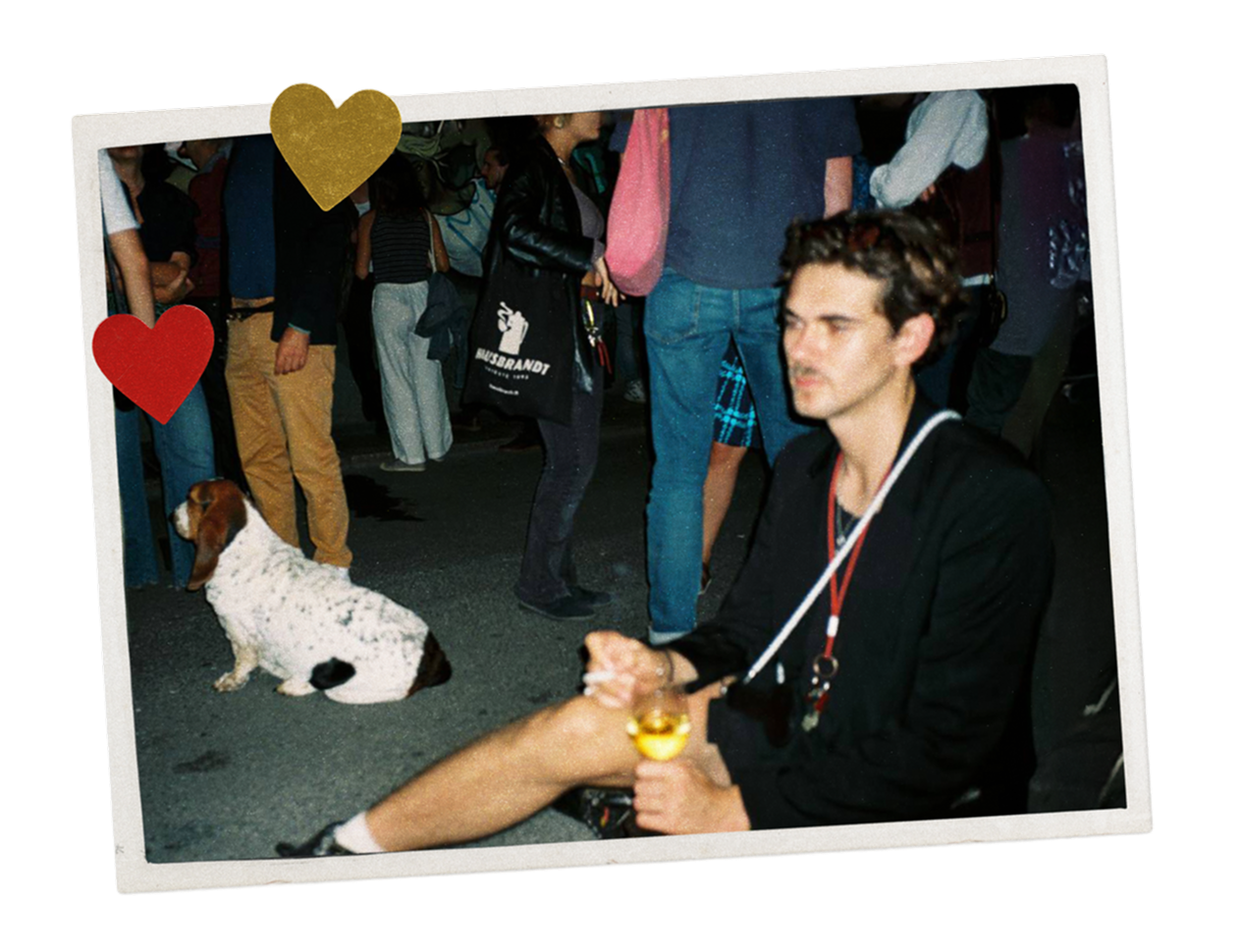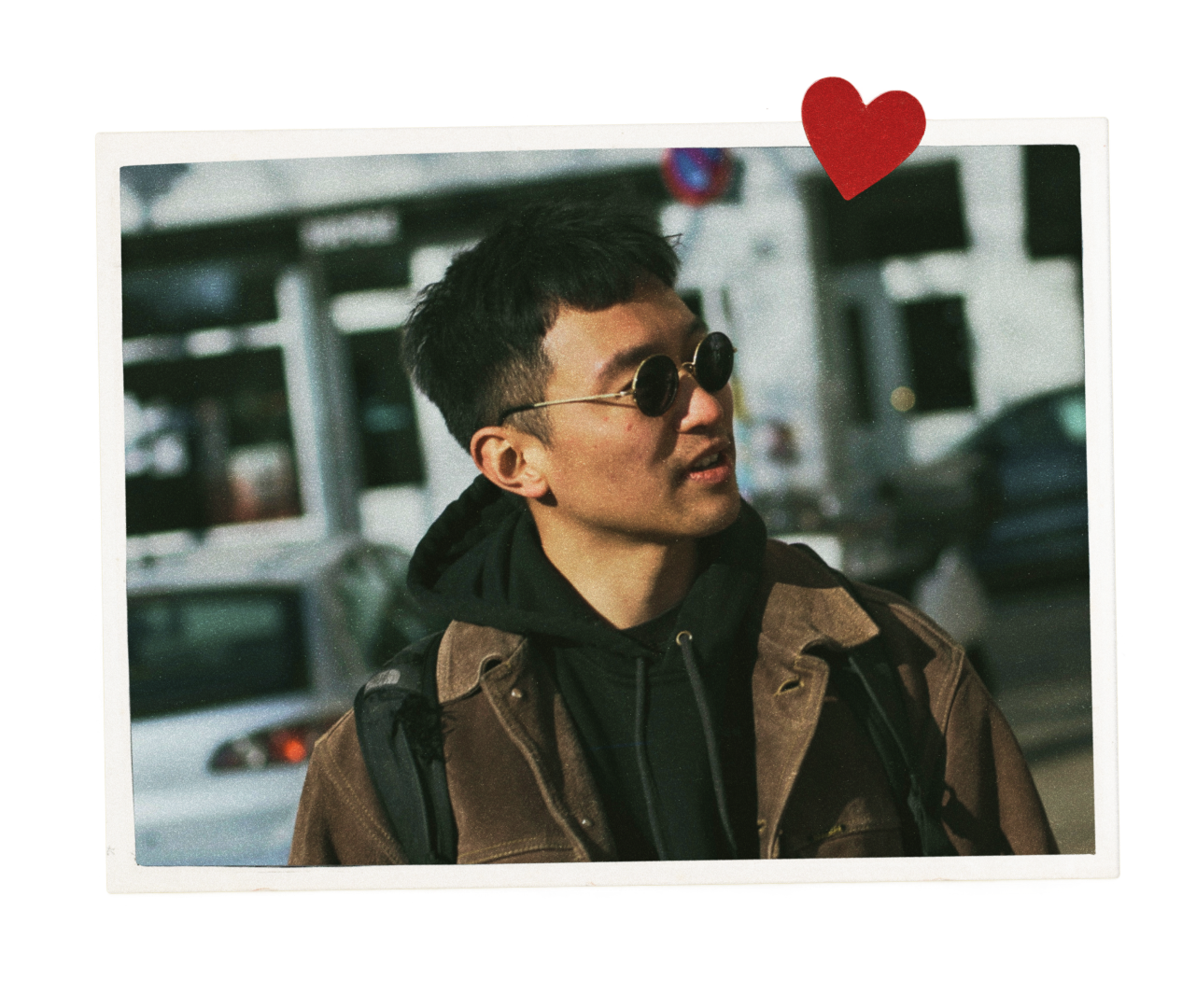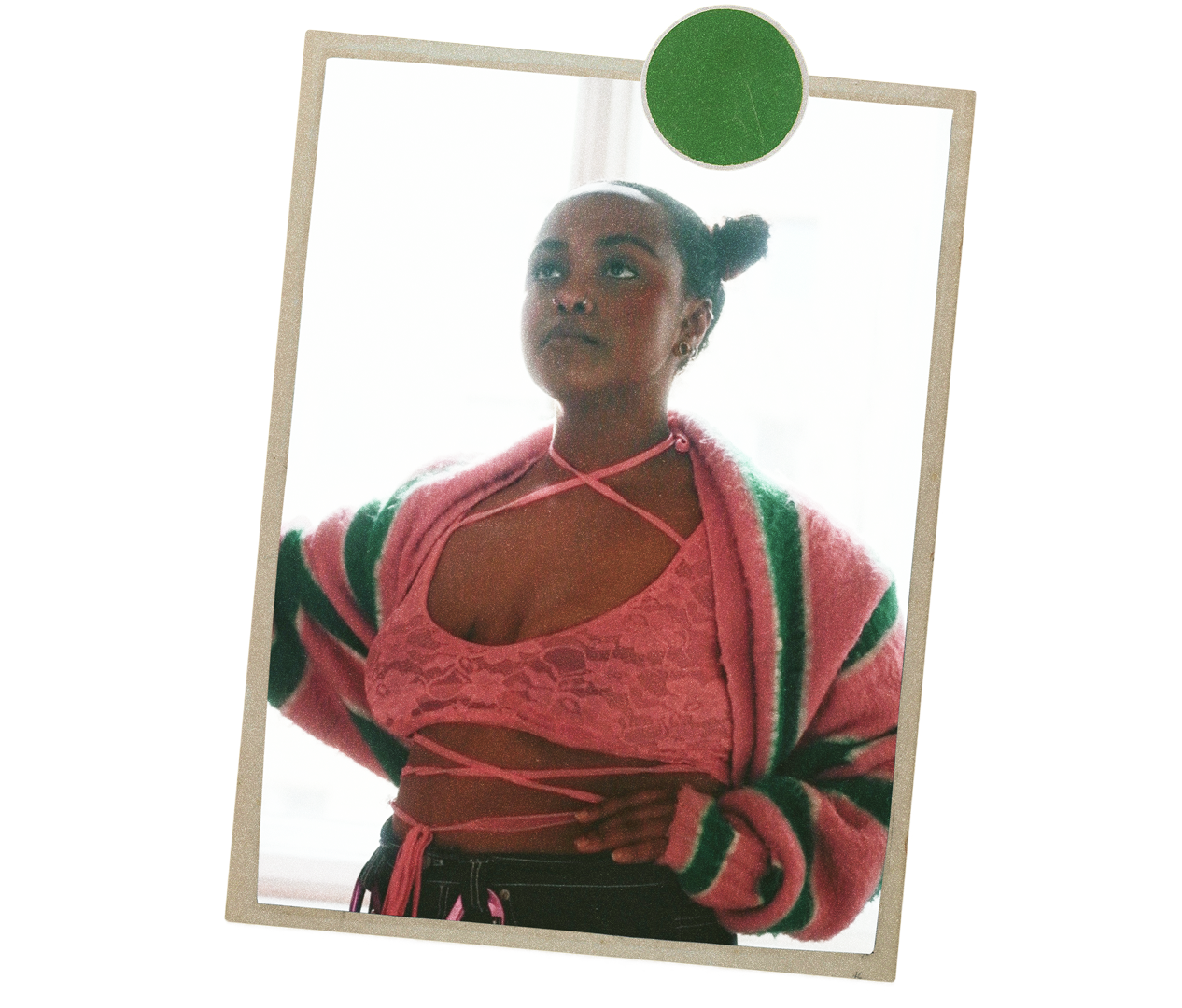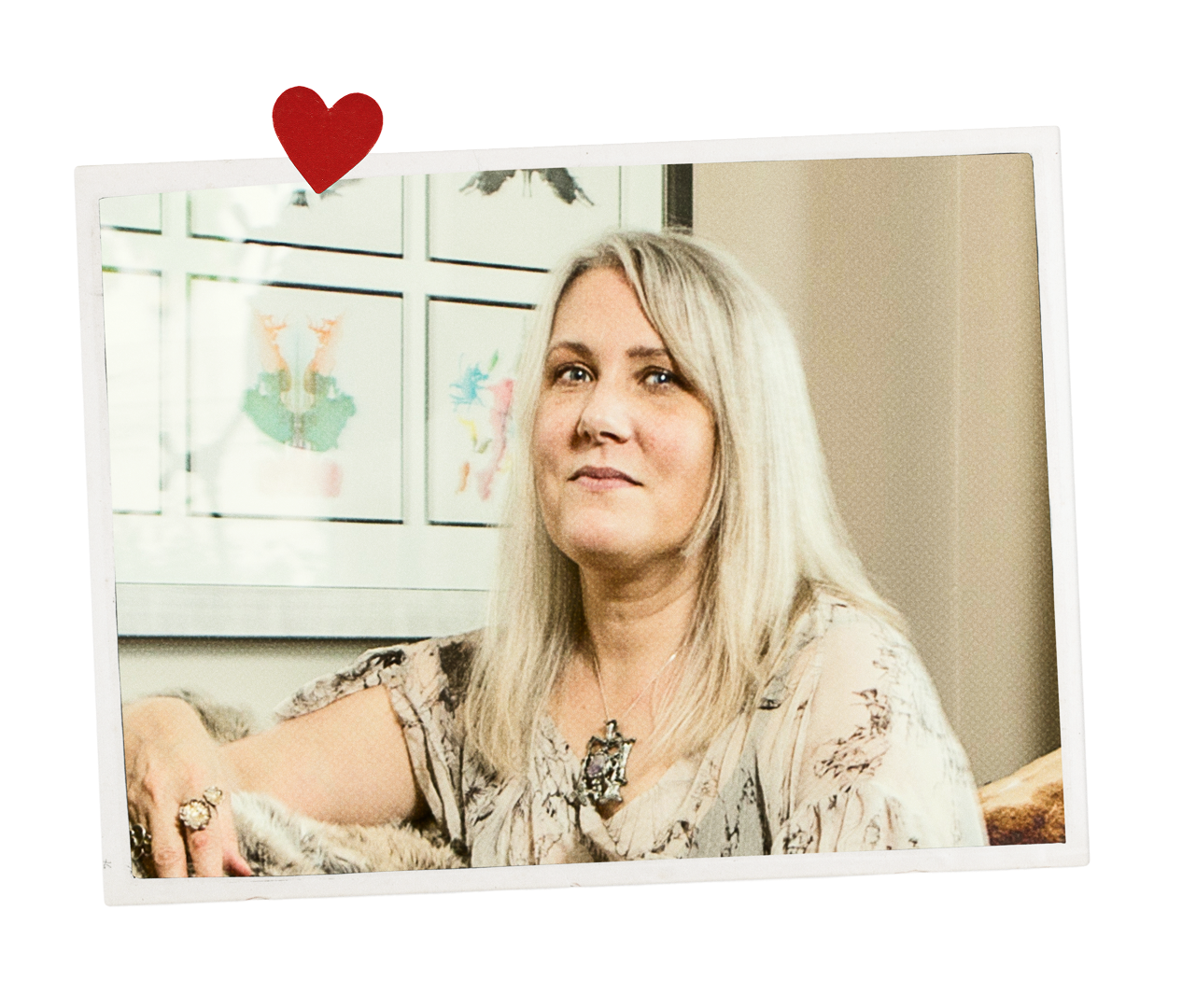report
dating
berlin
the
unofficial
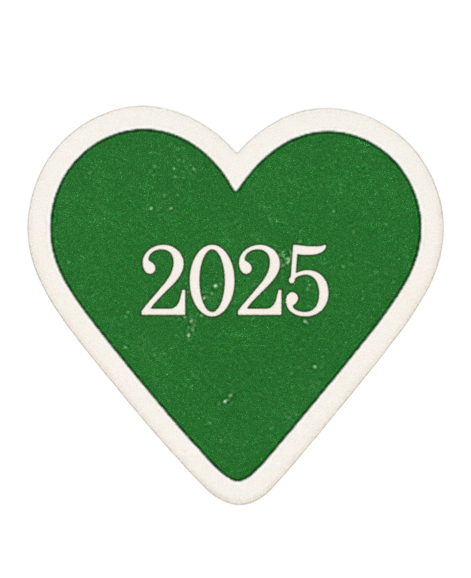
“Second date with this woman, and she goes, ‘Just so you know, I’m only dating Berlin-style.’ I’m like... okay? I mean, I get it. I know the deal. Like, obviously.”
—Anonymous
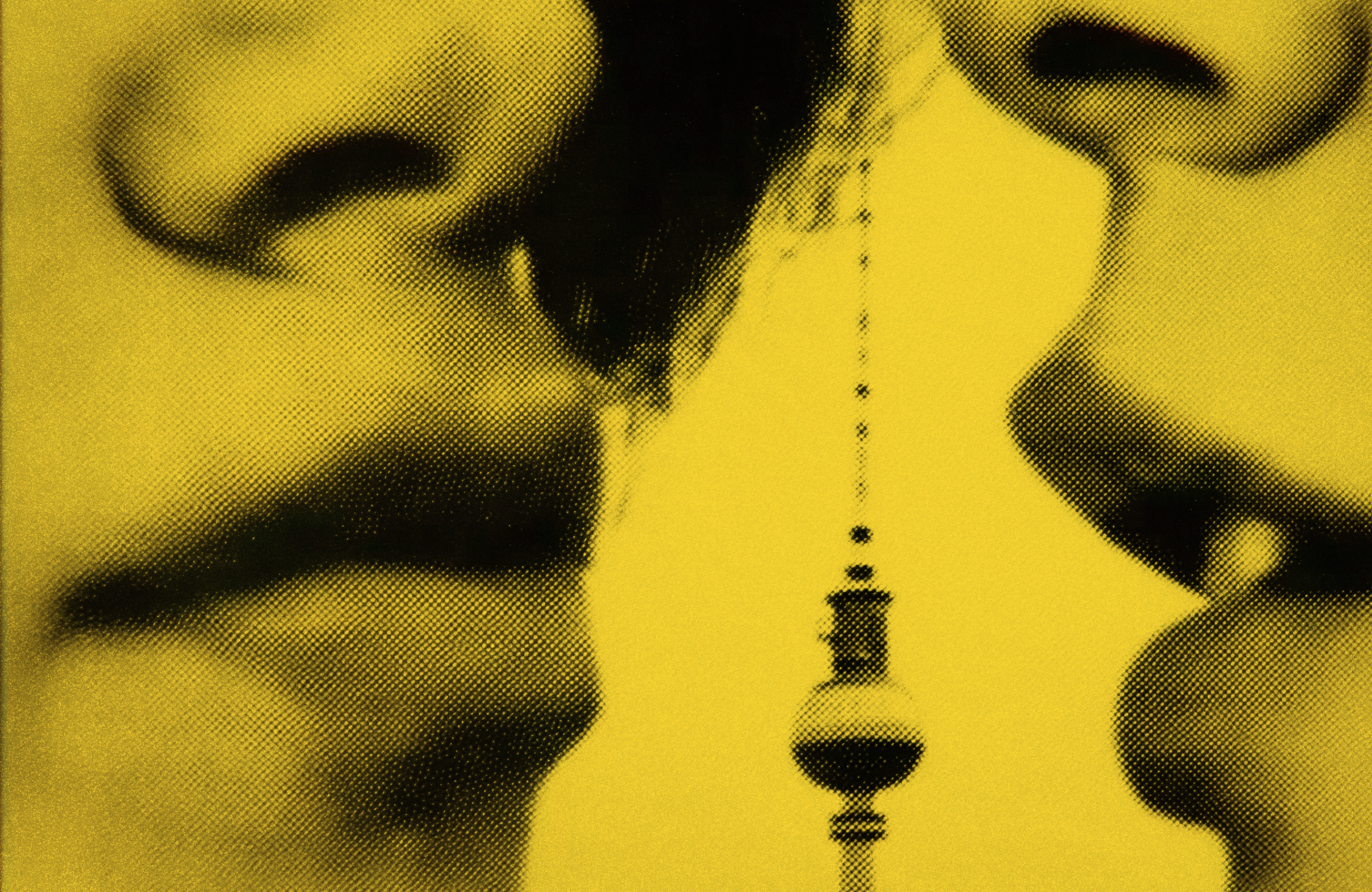
“I just need someone to take me out. Romantically. Or permanently. I’m open...”
—Anonymous
why are you currently single?
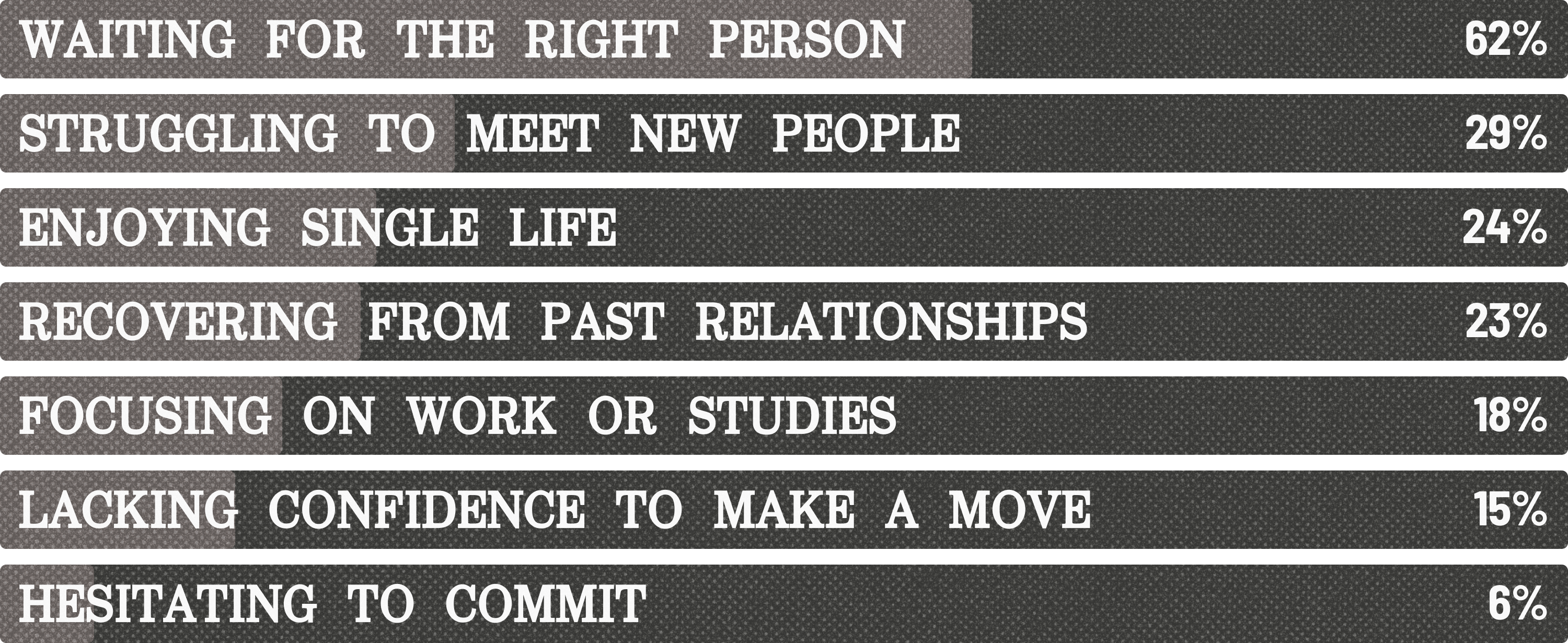
“We used to live in communities, in networks. And now it’s just you and your partner in a little two-person universe, and suddenly they have to be your lover, therapist, best friend, co-parent, career coach—everything. No wonder it’s breaking under the weight.”
—Monika Jiang, loneliness scholar
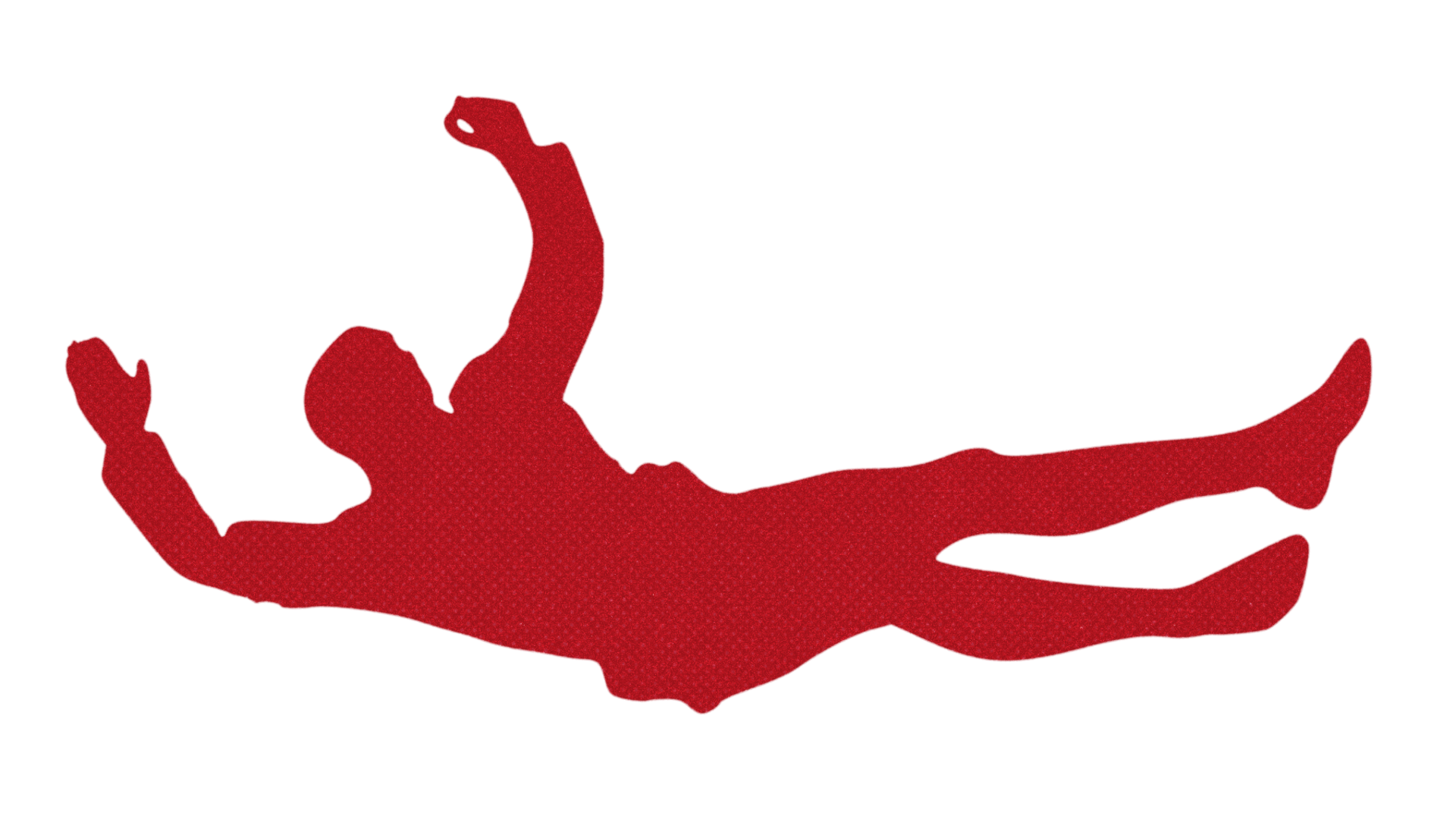
What qualities do you seek in a partner?
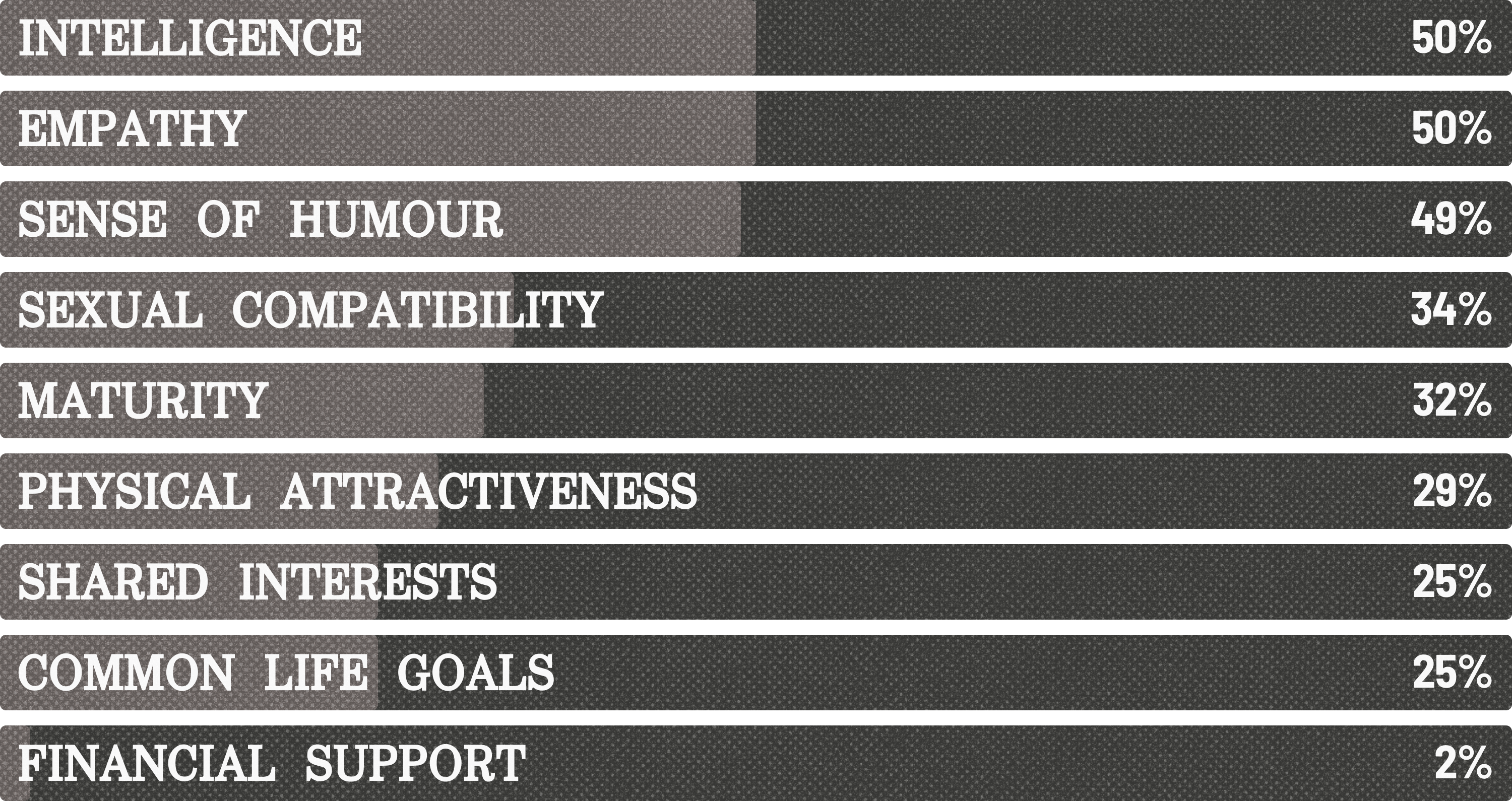
Intelligence, Empathy, and Sense of Humour are the top three qualities Berlin singles are looking for.
Least important? Financial support, with just 2% of respondents seeking it.
Survey data suggests Berliners are drawn to something more elusive than shared hobbies or even common life goals. What they want is a partner who gets both the joke and the subtext.
When the ideal relationship is defined by intellectual precision and intuitive compatibility, the margin for misunderstanding becomes razor-thin. Conditioned by near-misses, the heart learns to wait for something rare.
“I want romance. Like, true, virginal romance, you know?”
—Anonymous
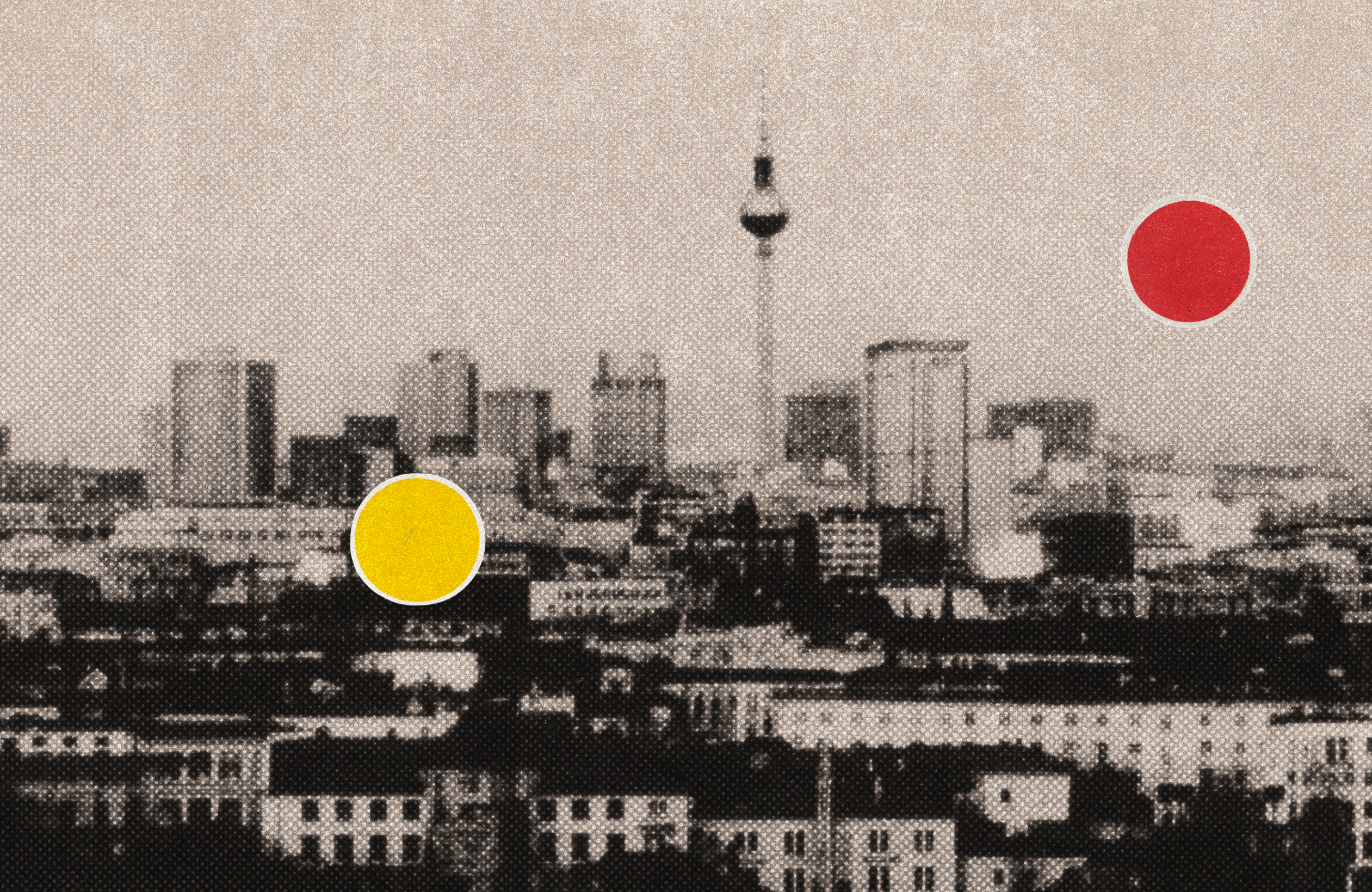
What are your go-to methods for finding dates?
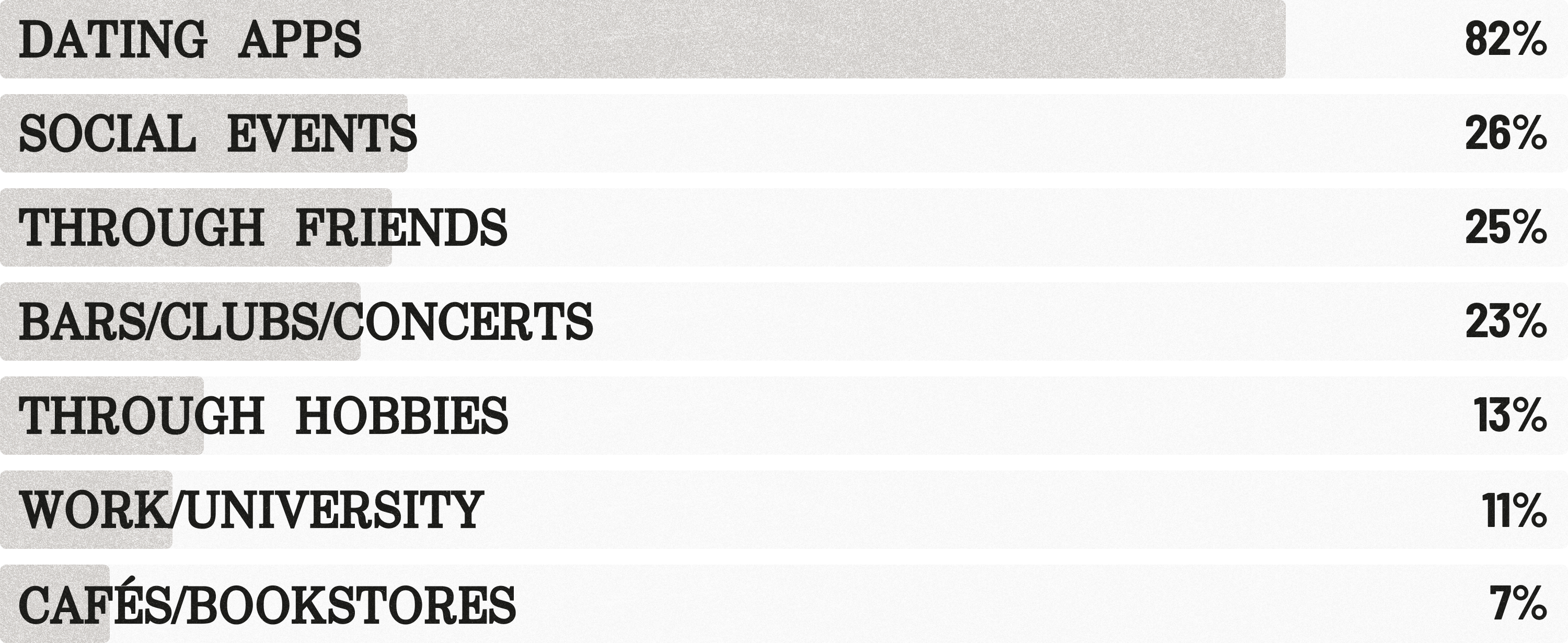
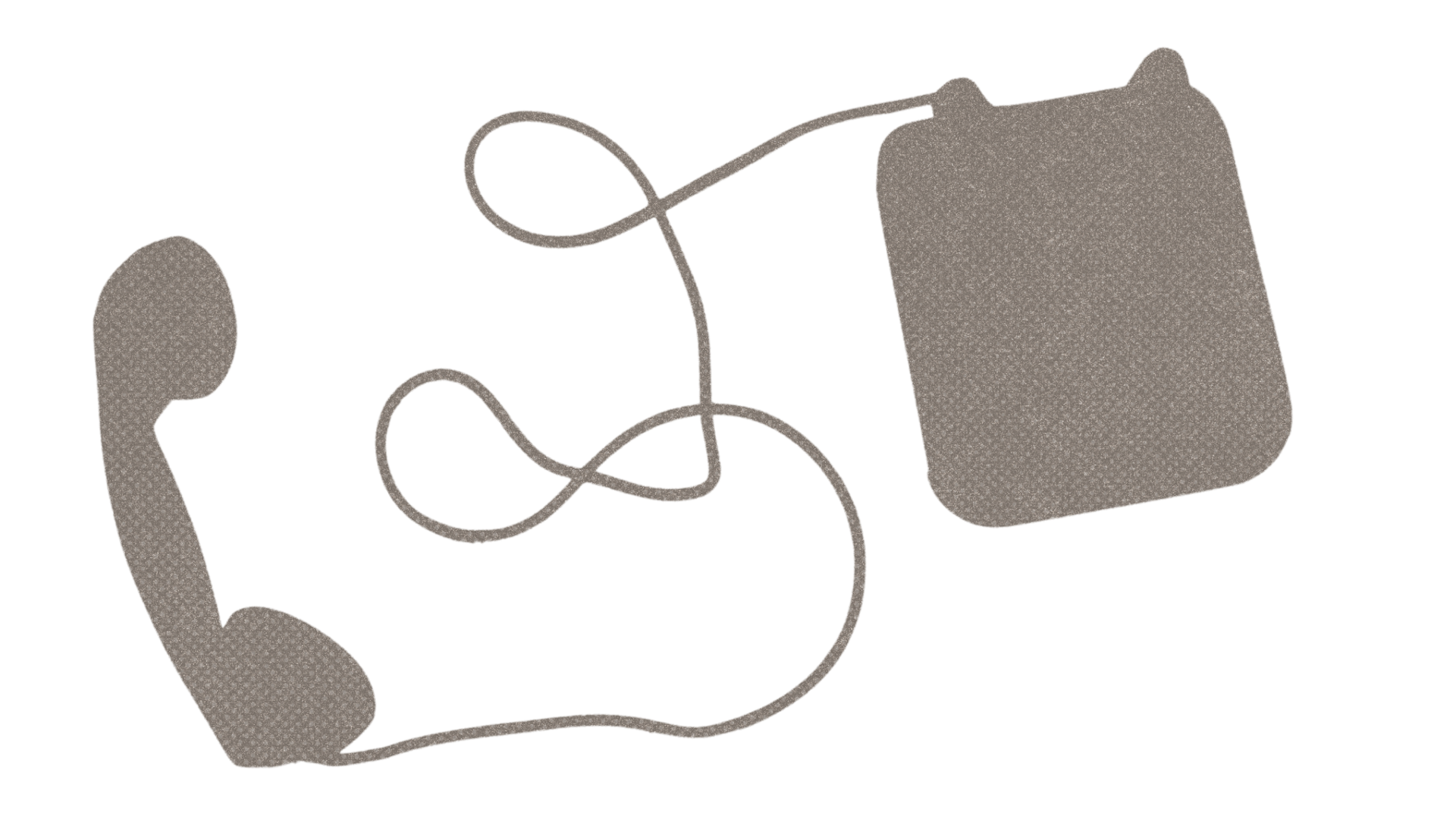
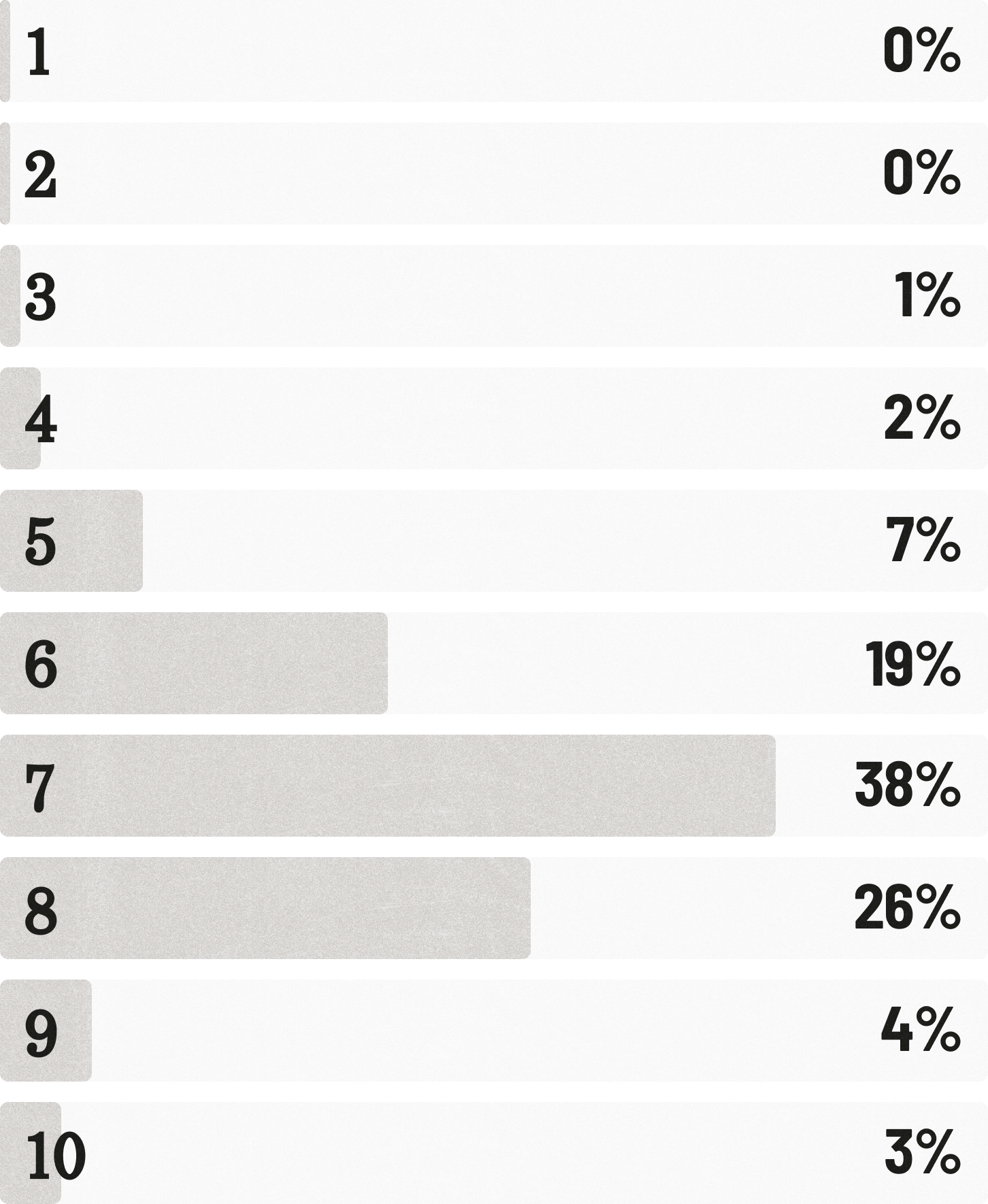
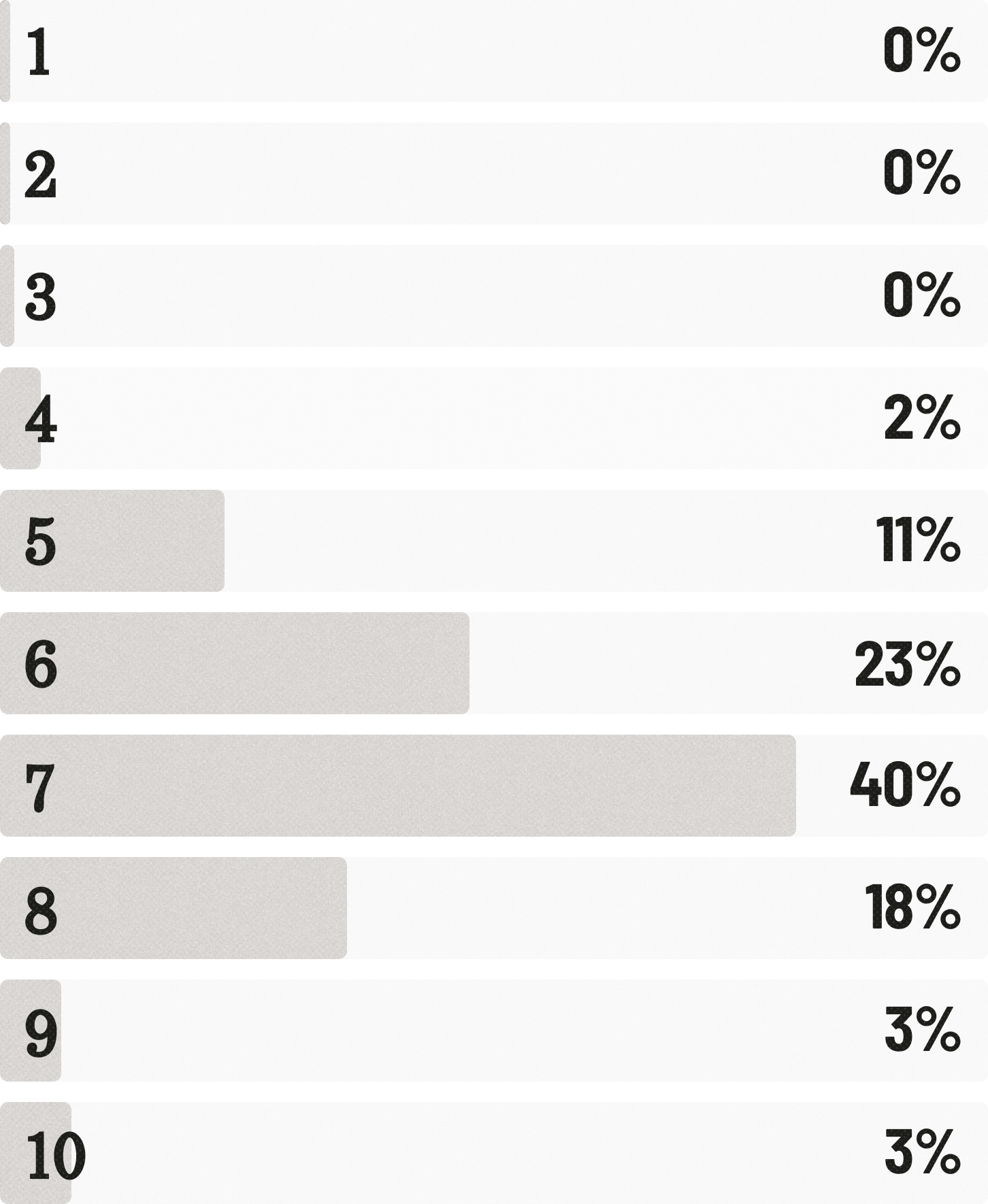
“People talk for hours about wanting depth but swipe left over a bad haircut.”
—Dima Samarin, founder of Mitte Daily
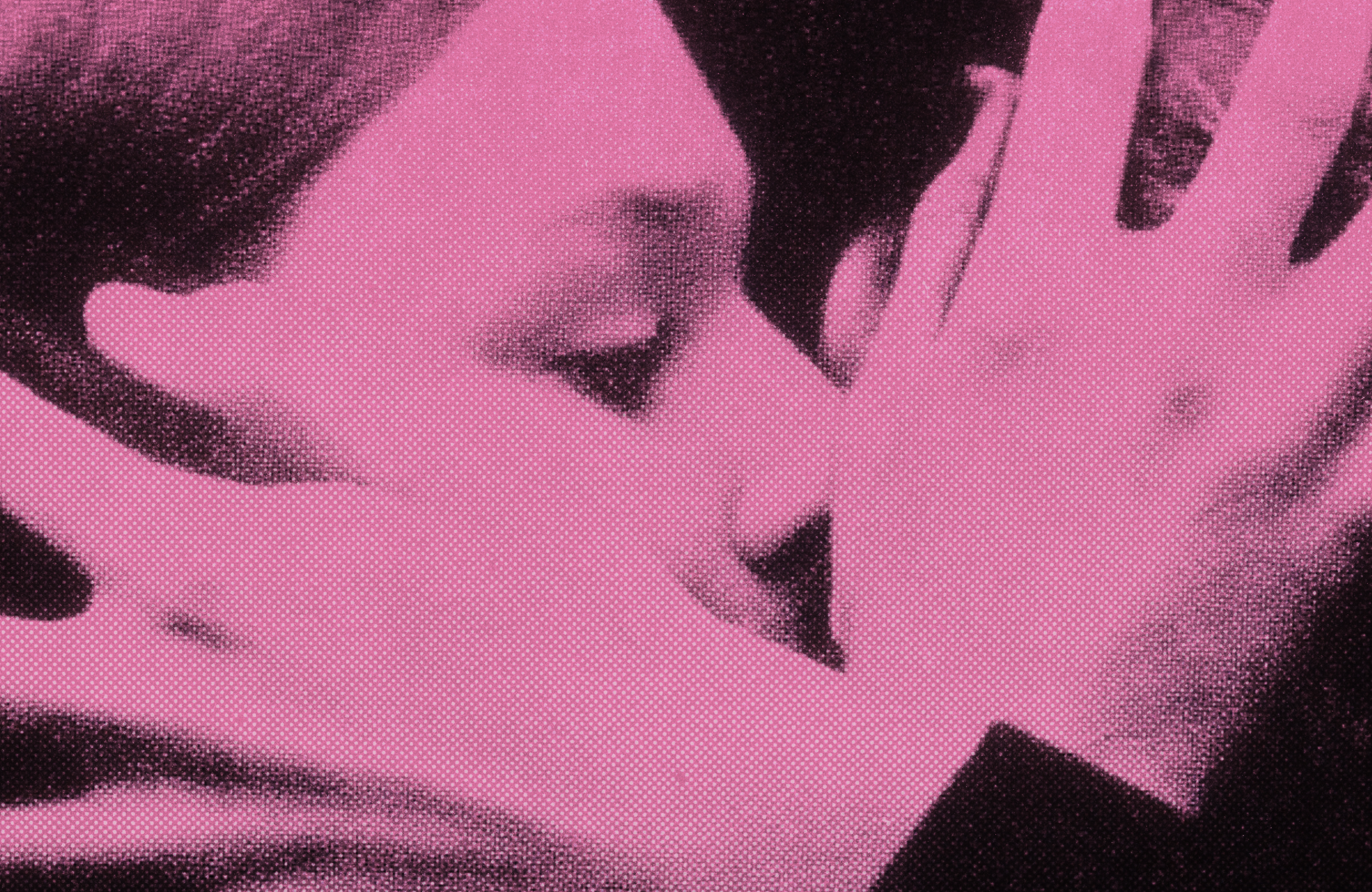
“I matched with this guy at least five times over the past couple of years. Five times. And we never spoke. I think he’s the one.”
—Anonymous
What are your dating app pain points?
(men: left; women: right)
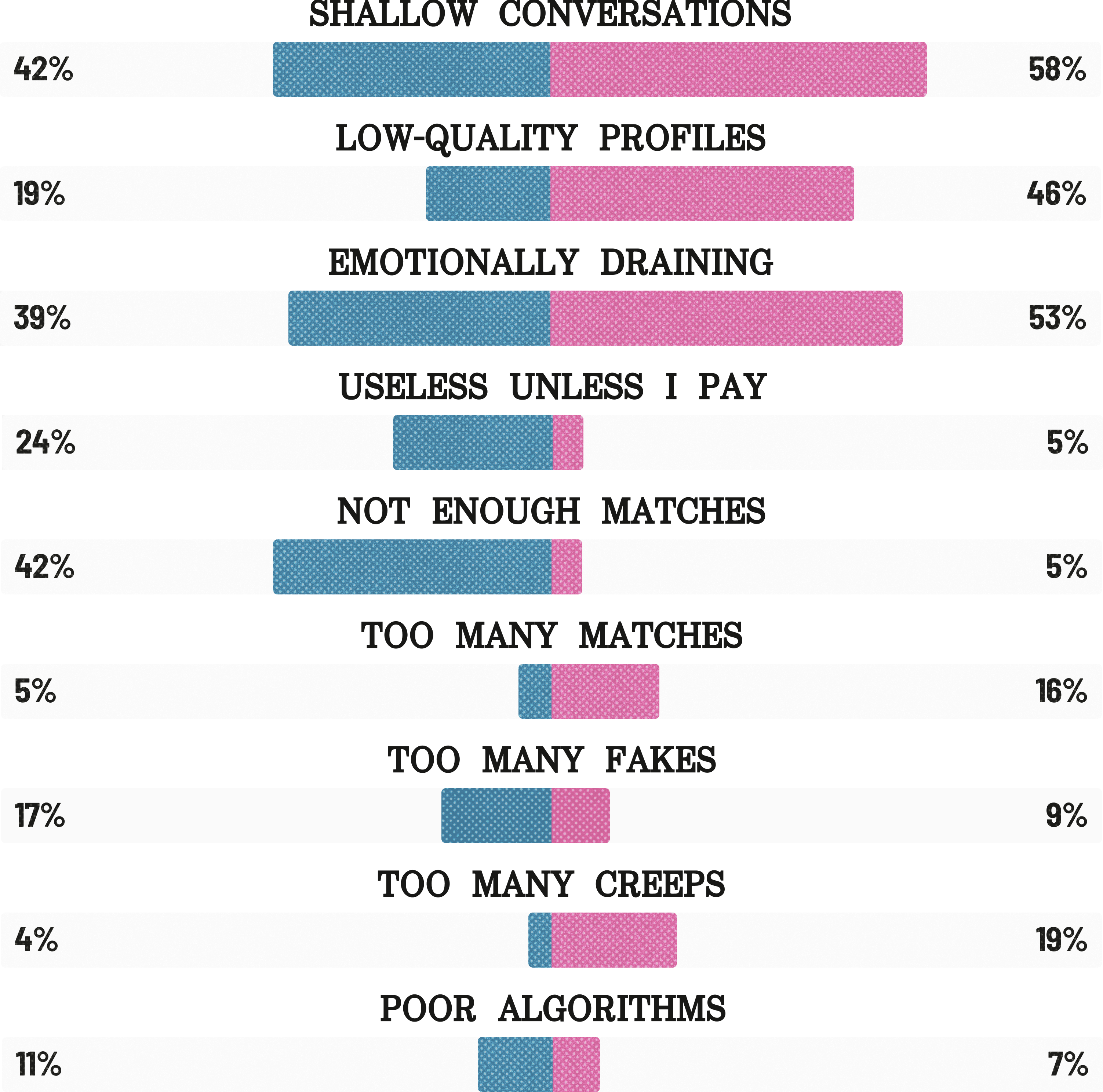
“I deleted the apps again. Which means I’ll redownload them in, like, three weeks.”
—Anonymous
“In the ’80s, you met in real life and stayed in real life. By the 2000s, you’d meet at a party and follow up with an email. Now, you match on one app, message on another, and maybe break up over a third. But when the connection lands, it feels the same. A spark’s a spark.”
—James Song, visual artist
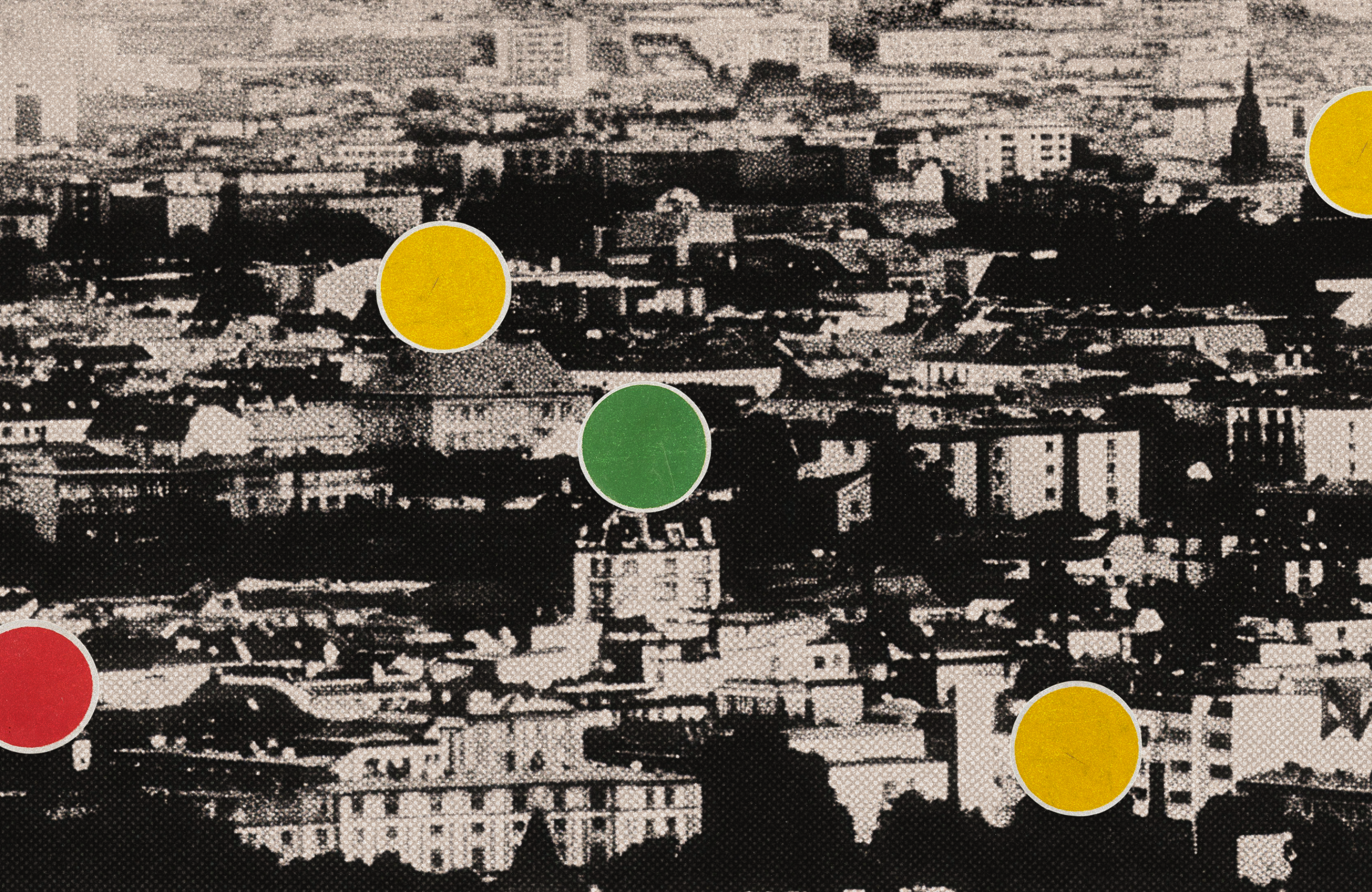
“It wasn’t a bad date. I just realized I don’t have the energy to explain myself to another new person again.”
—Anonymous
how many first dates have you had in the last three months?

“I kept laughing too loud because I was nervous. I don’t think she noticed. Or cared.”
—Anonymous
“Berlin is supposed to be full of options—but it isn’t. Not really. If you don’t fit a certain look or vibe, you’re not even in the game. And even when you are, it’s all so temporary.”
—Tsellot Melesse, speed-dating event organizer

What are the biggest first-date red flags?
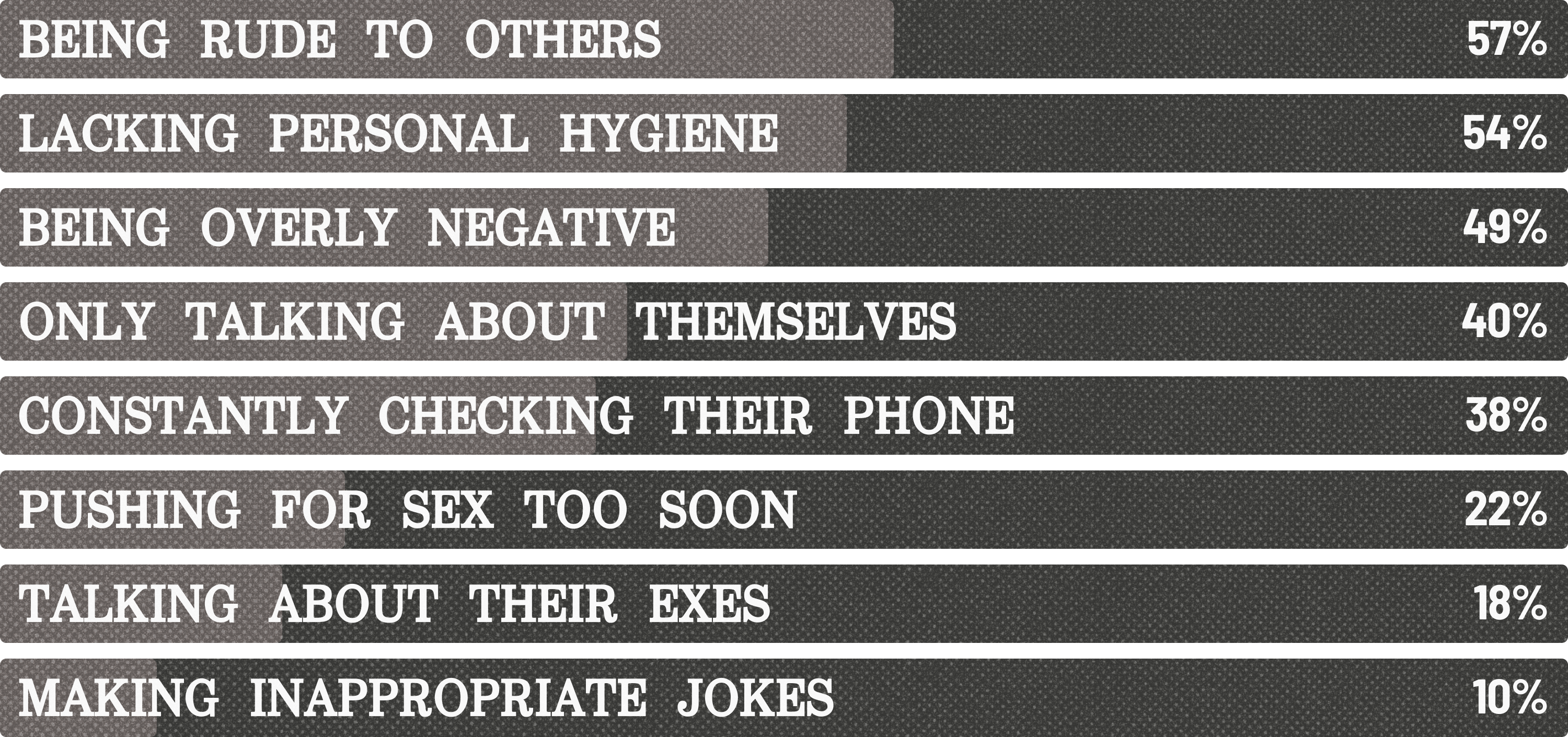
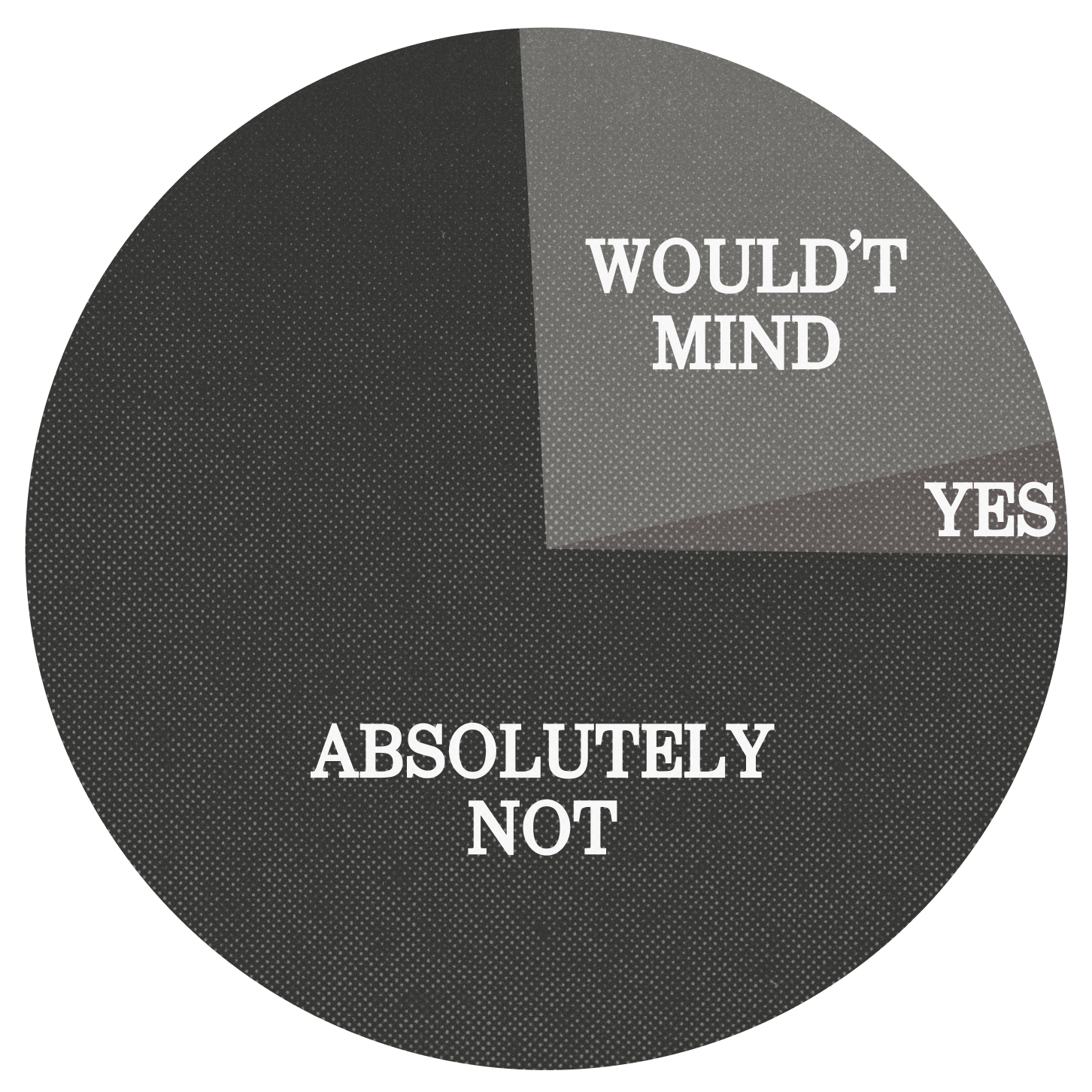
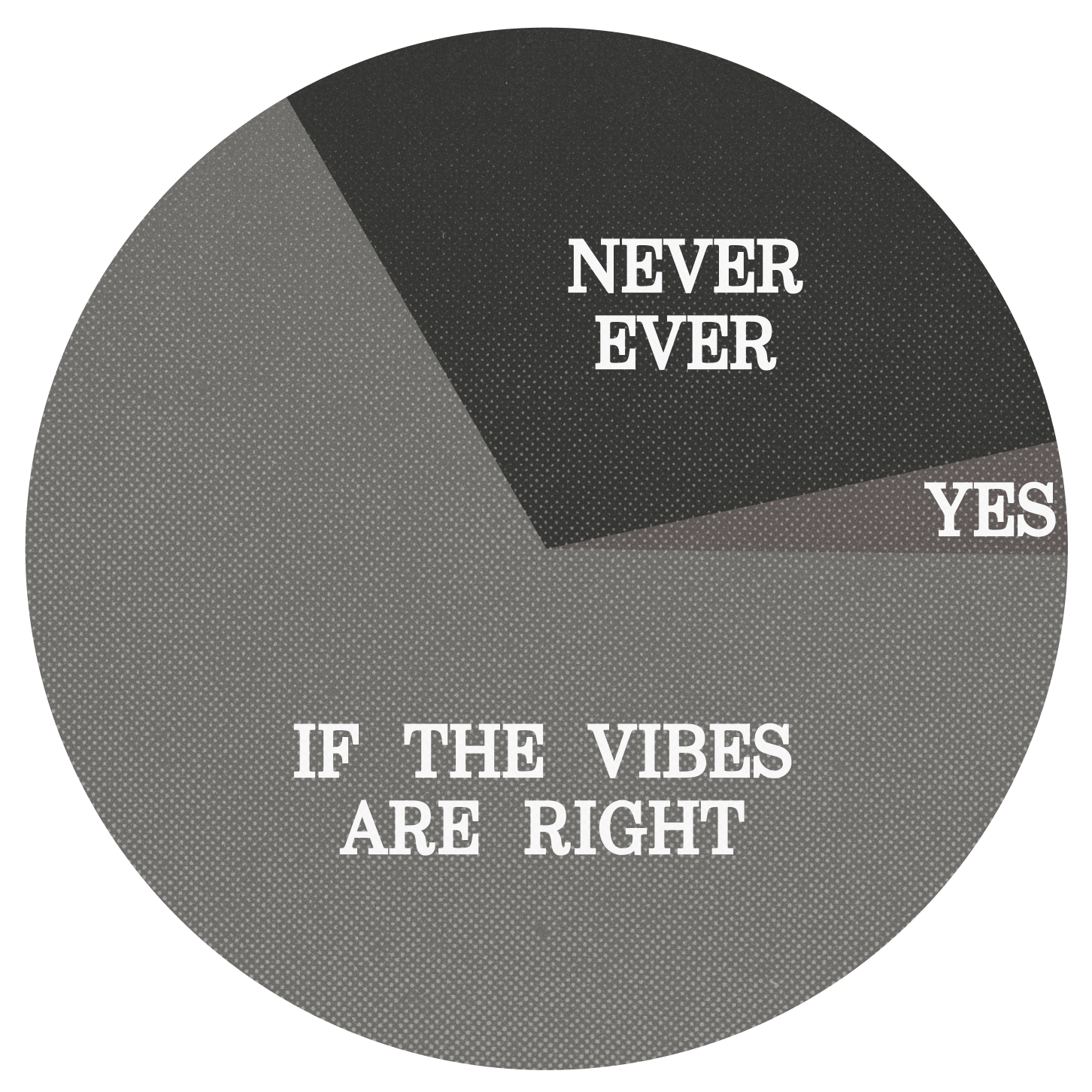
who should pay for the date?
(men: left; women: right)
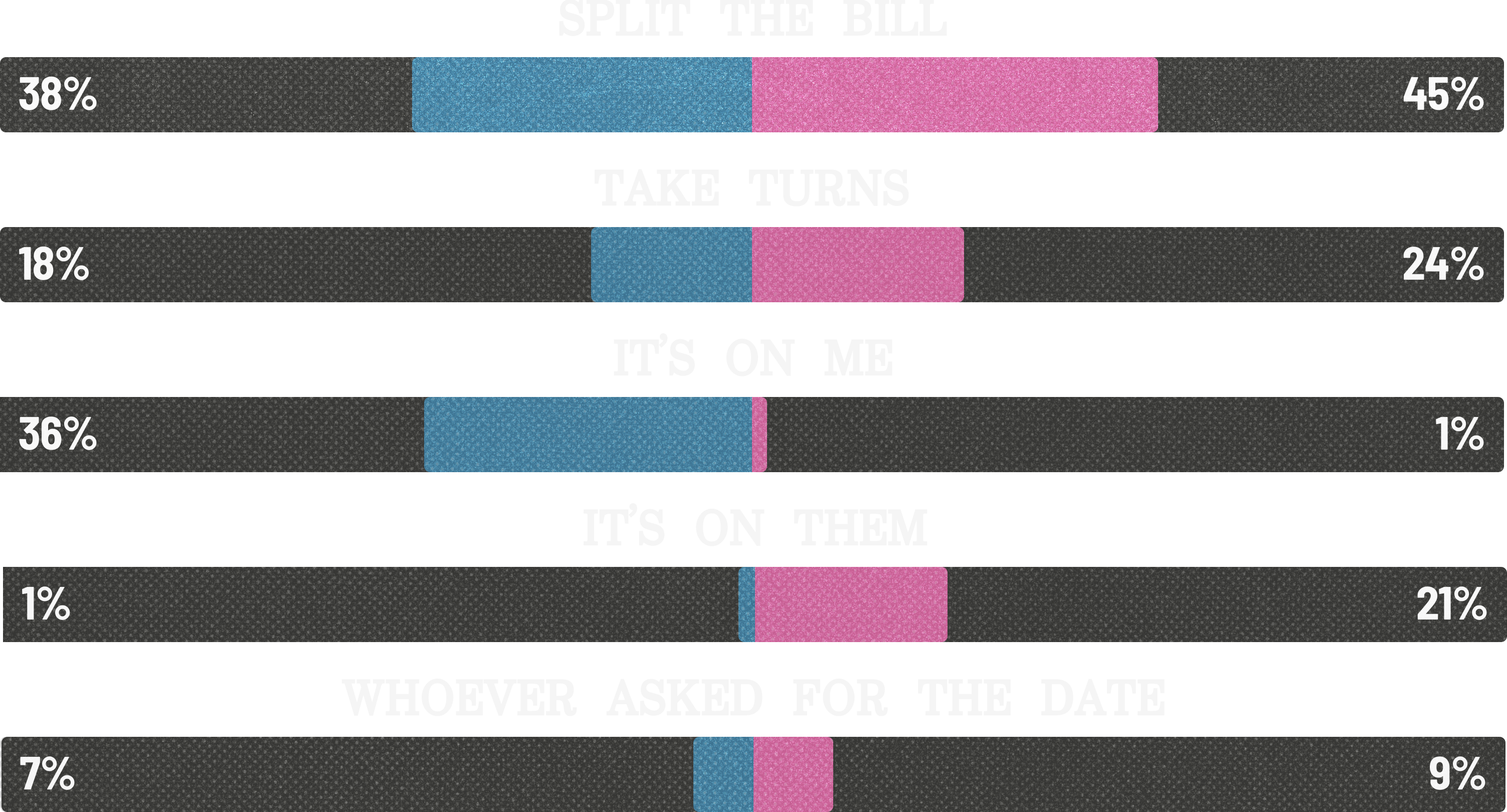
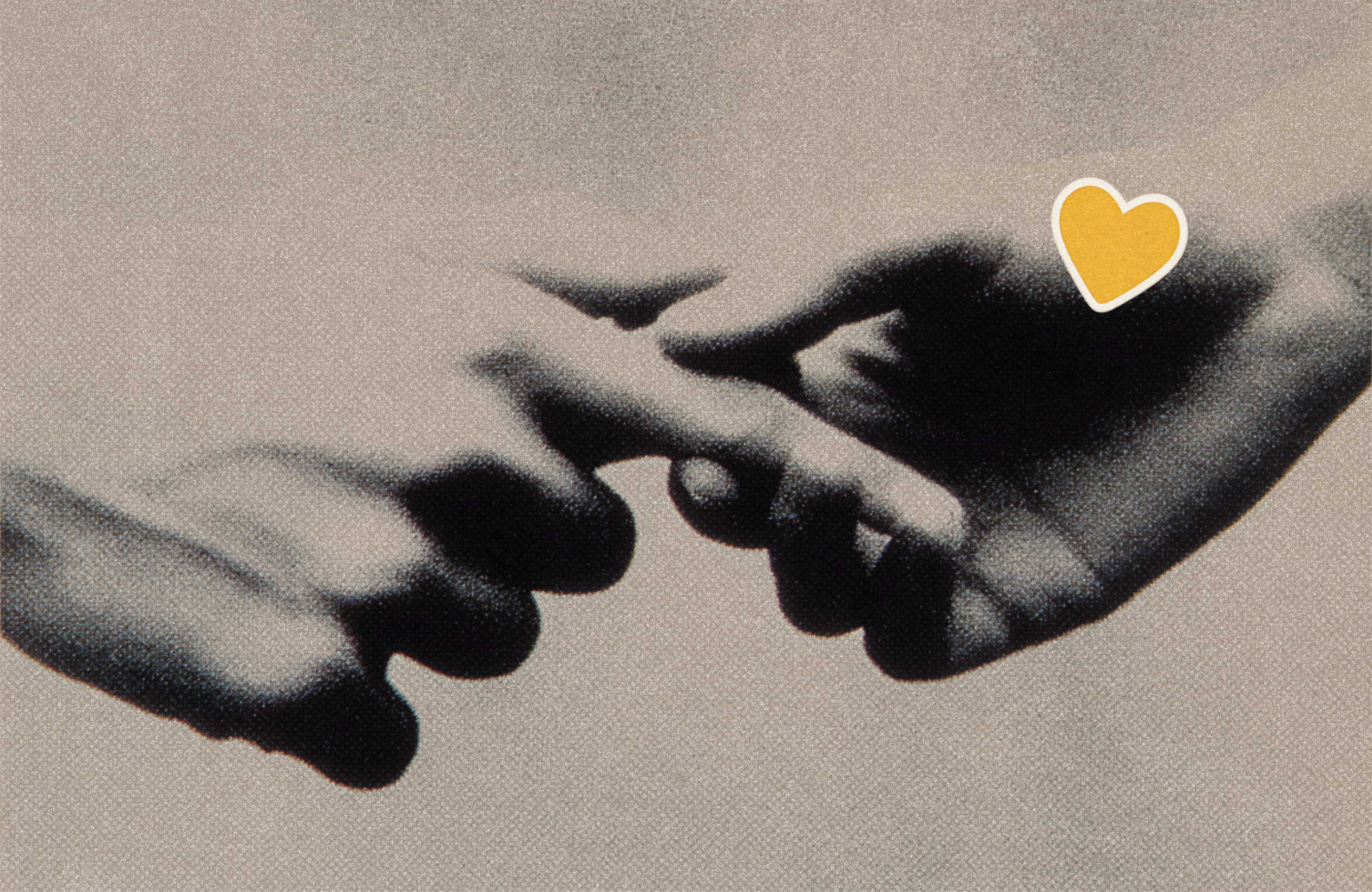
“People don’t experience face-to-face rejection anymore. No walking across the bar, no asking someone out, no risking humiliation in front of others. The apps let you avoid all that. But if you’re never uncomfortable, you’re never vulnerable—and if you’re never vulnerable, how exactly are you supposed to connect?”
—Dr. Elaine Kasket, cyberpsychologist
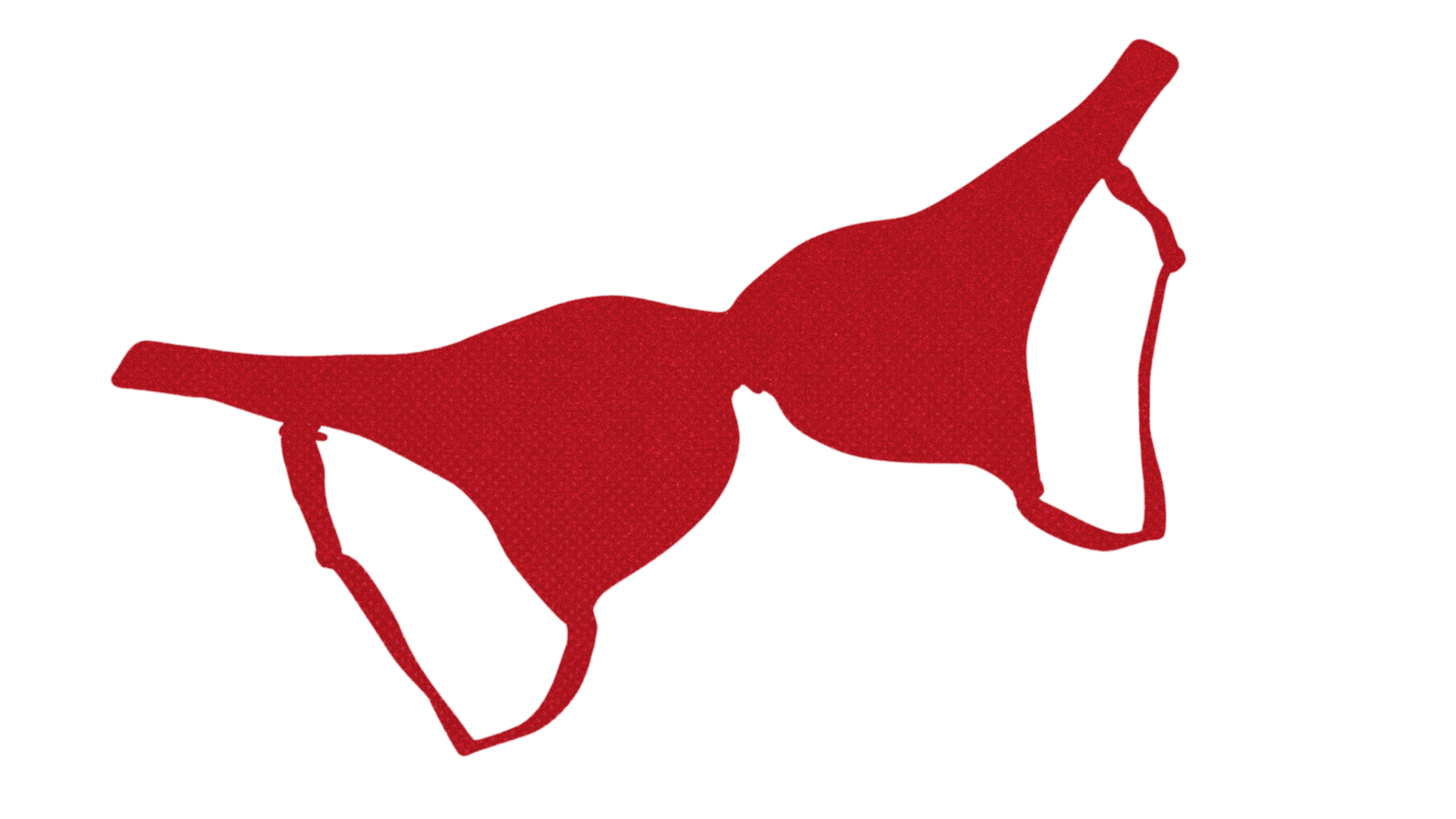
what was the longest relationship you’ve had in berlin?

how hard is dating for you on a scale from 1 to 5?
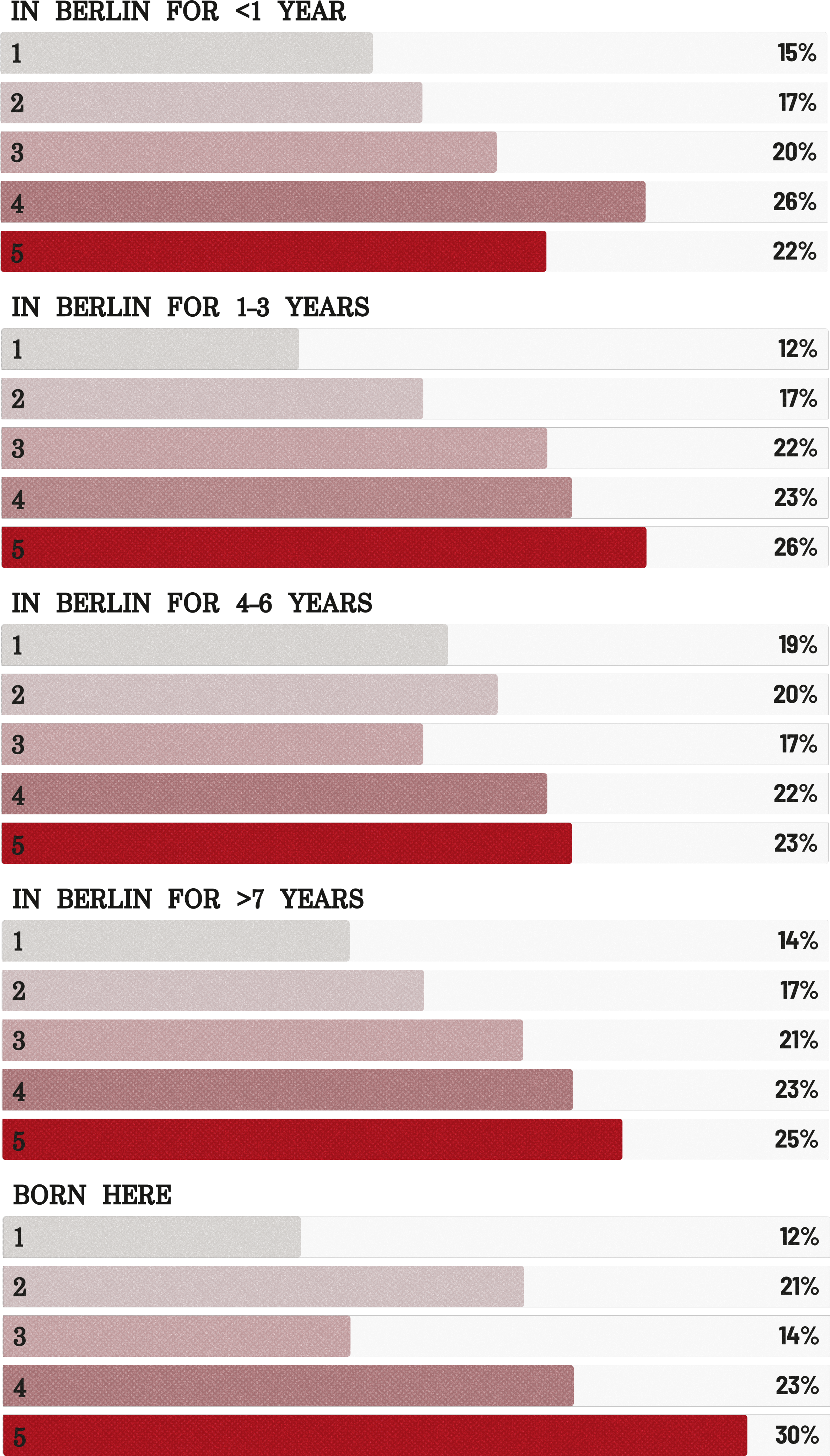
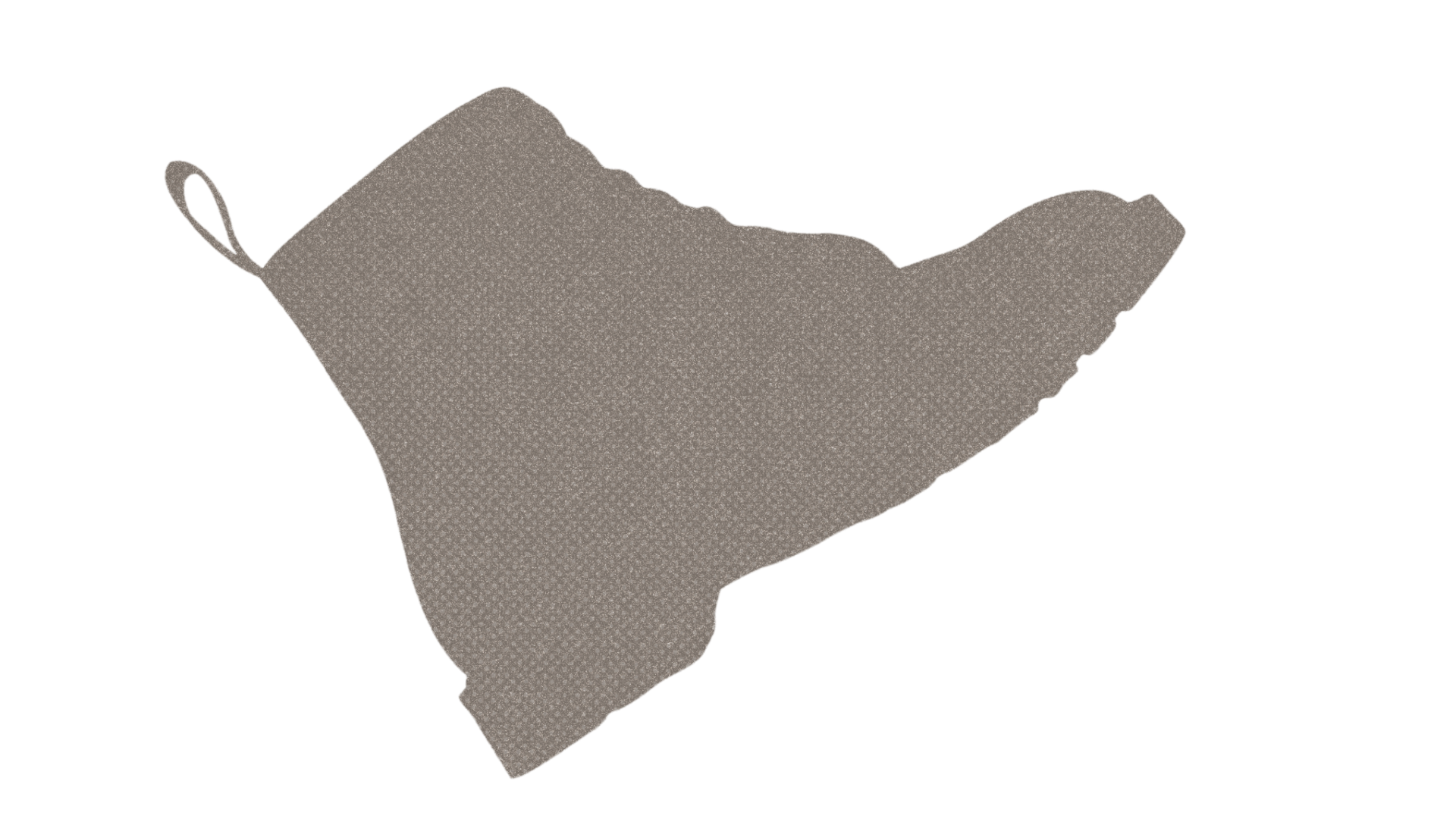
“She kissed me goodbye and said, ‘Let’s not overthink it.’ I’ve been overthinking it ever since.”
—Anonymous
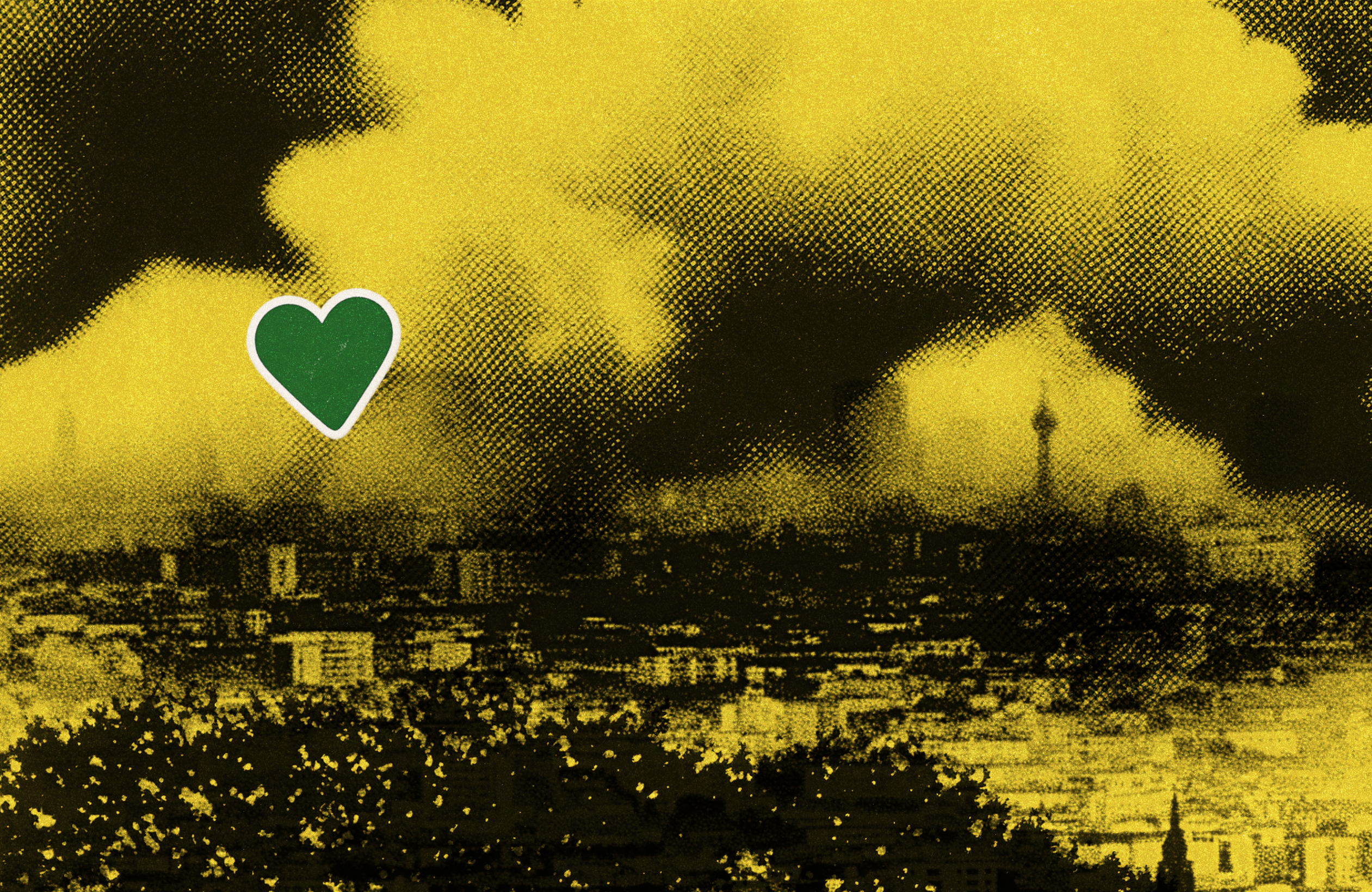
report
dating
berlin
the
unofficial

“Second date with this woman, and she goes, ‘Just so you know, I’m only dating Berlin-style.’ I’m like... okay? I mean, I get it. I know the deal. Like, obviously.”
—Anonymous
01.
The myth

02.
The Longing
“I just need someone to take me out. Romantically. Or permanently. I’m open...”
—Anonymous
why are you currently single?

“We used to live in communities, in networks. And now it’s just you and your partner in a little two-person universe, and suddenly they have to be your lover, therapist, best friend, co-parent, career coach—everything. No wonder it’s breaking under the weight.”
—Monika Jiang, loneliness scholar

What qualities do you seek in a partner?

Intelligence, Empathy, and Sense of Humour are the top three qualities Berlin singles are looking for.
Least important? Financial support, with just 2% of respondents seeking it.
Survey data suggests Berliners are drawn to something more elusive than shared hobbies or even common life goals. What they want is a partner who gets both the joke and the subtext.
When the ideal relationship is defined by intellectual precision and intuitive compatibility, the margin for misunderstanding becomes razor-thin. Conditioned by near-misses, the heart learns to wait for something rare.
“I want romance. Like, true, virginal romance, you know?”
—Anonymous

03.
The apps
What are your go-to methods for finding dates?




“People talk for hours about wanting depth but swipe left over a bad haircut.”
—Dima Samarin, founder of Mitte Daily

04.
The ghosts
“I matched with this guy at least five times over the past couple of years. Five times. And we never spoke. I think he’s the one.”
—Anonymous
What are your dating app pain points?
(men: left; women: right)

“I deleted the apps again. Which means I’ll redownload them in, like, three weeks.”
—Anonymous
“In the ’80s, you met in real life and stayed in real life. By the 2000s, you’d meet at a party and follow up with an email. Now, you match on one app, message on another, and maybe break up over a third. But when the connection lands, it feels the same. A spark’s a spark.”
—James Song, visual artist

05.
The Encounters
“It wasn’t a bad date. I just realized I don’t have the energy to explain myself to another new person again.”
—Anonymous
how many first dates have you had in the last three months?

“I kept laughing too loud because I was nervous. I don’t think she noticed. Or cared.”
“Berlin is supposed to be full of options—but it isn’t. Not really. If you don’t fit a certain look or vibe, you’re not even in the game. And even when you are, it’s all so temporary.”
—Tsellot Melesse, speed-dating event organizer

What are the biggest first-date red flags?



who should pay for the date?
(men: left; women: right)


06.
The Dilemma
“People don’t experience face-to-face rejection anymore. No walking across the bar, no asking someone out, no risking humiliation in front of others. The apps let you avoid all that. But if you’re never uncomfortable, you’re never vulnerable—and if you’re never vulnerable, how exactly are you supposed to connect?”
—Dr. Elaine Kasket, cyberpsychologist

what was the longest relationship you’ve had in berlin?

how hard is dating for you on a scale from 1 to 5?


“She kissed me goodbye and said, ‘Let’s not overthink it.’ I’ve been overthinking it ever since.”
—Anonymous

The methodology
The acknowledgements
report
dating
berlin
the
unofficial

“Second date with this woman, and she goes, ‘Just so you know, I’m only dating Berlin-style.’ I’m like... okay? I mean, I get it. I know the deal. Like, obviously.”
—Anonymous
01.
The myth

02.
The Longing
“I just need someone to take me out. Romantically. Or permanently. I’m open...”
—Anonymous
why are you currently single?

“We used to live in communities, in networks. And now it’s just you and your partner in a little two-person universe, and suddenly they have to be your lover, therapist, best friend, co-parent, career coach—everything. No wonder it’s breaking under the weight.”
—Monika Jiang, loneliness scholar

What qualities do you seek in a partner?

Intelligence, Empathy, and Sense of Humour are the top three qualities Berlin singles are looking for.
Least important? Financial support, with just 2% of respondents seeking it.
Survey data suggests Berliners are drawn to something more elusive than shared hobbies or even common life goals. What they want is a partner who gets both the joke and the subtext.
When the ideal relationship is defined by intellectual precision and intuitive compatibility, the margin for misunderstanding becomes razor-thin. Conditioned by near-misses, the heart learns to wait for something rare.
“I want romance. Like, true, virginal romance, you know?”
—Anonymous

03.
The apps
What are your go-to methods for finding dates?




“People talk for hours about wanting depth but swipe left over a bad haircut.”
—Dima Samarin, founder of Mitte Daily

04.
The ghosts
“I matched with this guy at least five times over the past couple of years. Five times. And we never spoke. I think he’s the one.”
—Anonymous
What are your dating app pain points?
(men: left; women: right)

“I deleted the apps again. Which means I’ll redownload them in, like, three weeks.”
—Anonymous
“In the ’80s, you met in real life and stayed in real life. By the 2000s, you’d meet at a party and follow up with an email. Now, you match on one app, message on another, and maybe break up over a third. But when the connection lands, it feels the same. A spark’s a spark.”
—James Song, visual artist

05.
The Encounters
“It wasn’t a bad date. I just realized I don’t have the energy to explain myself to another new person again.”
—Anonymous
how many first dates have you had in the last three months?

“I kept laughing too loud because I was nervous. I don’t think she noticed. Or cared.”
—Anonymous
“Berlin is supposed to be full of options—but it isn’t. Not really. If you don’t fit a certain look or vibe, you’re not even in the game. And even when you are, it’s all so temporary.”
—Tsellot Melesse, speed-dating event organizer

What are the biggest first-date red flags?



who should pay for the date?
(men: left; women: right)


06.
The Dilemma
“People don’t experience face-to-face rejection anymore. No walking across the bar, no asking someone out, no risking humiliation in front of others. The apps let you avoid all that. But if you’re never uncomfortable, you’re never vulnerable—and if you’re never vulnerable, how exactly are you supposed to connect?”
—Dr. Elaine Kasket, cyberpsychologist

what was the longest relationship you’ve had in berlin?

how hard is dating for you on a scale from 1 to 5?


“She kissed me goodbye and said, ‘Let’s not overthink it.’ I’ve been overthinking it ever since.”
—Anonymous

The methodology
The acknowledgements

